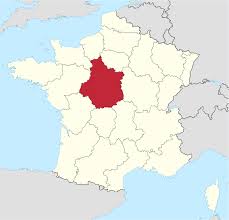记忆方法
记住“centre”的最简单方法是将其与“cent”这个单词联系起来,因为“cent”意味着一百(cent是货币单位“cent”的词根),而“centre”在意义上可以想象为“中心点”,就像圆的中心一样,这个词形象地表达了“中心”的意思。
以上内容由AI生成, 仅供参考和借鉴
英语词源
- centre
-
centre: [14] The word centre came originally from the spike of a pair of compasses which is stuck into a surface while the other arm describes a circle round it. Greek kéntron meant ‘sharp point’, or more specifically ‘goad for oxen’ (it was a derivative of the verb kentein ‘prick’), and hence was applied to a compass spike; and it was not long before this spread metaphorically to ‘mid-point of a circle’. The word reached English either via Old French centre or directly from Latin centrum. The derived adjective central is 16th-century.
=> eccentric - centre
- chiefly British English spelling of center (q.v.); for ending, see -re.
权威例句
- 1. Malvolio becomes, in default of competition, the play's moral centre.
- 因为没有与其竞争者,马伏里奥自然成了该剧的道德核心。
- 2. The new shopping centre was constructed at a cost of 1.1 million.
- 新建成的购物中心耗资110万。
- 3. Now we live further away from the city centre.
- 现在我们住得离市中心更远了。
- 4. They slowly moved from upstage left into the centre.
- 他们慢慢地从舞台后方的左侧移至正中。
- 5. He had taken up a position in the centre of the room.
- 他占据了房间中心的位置。
